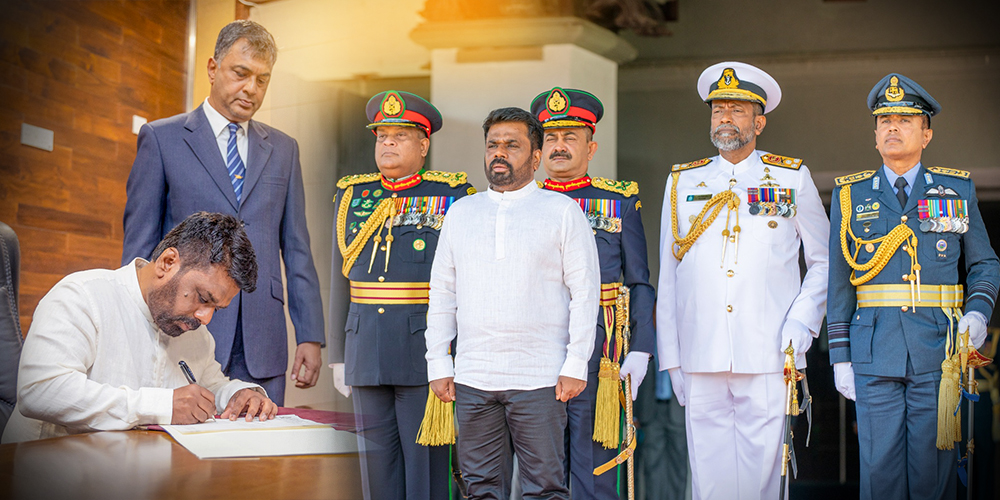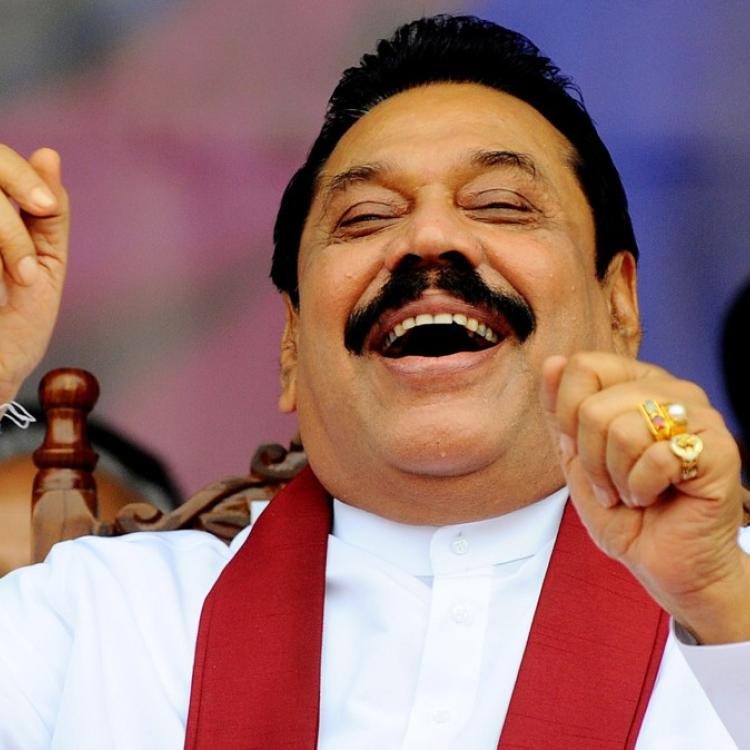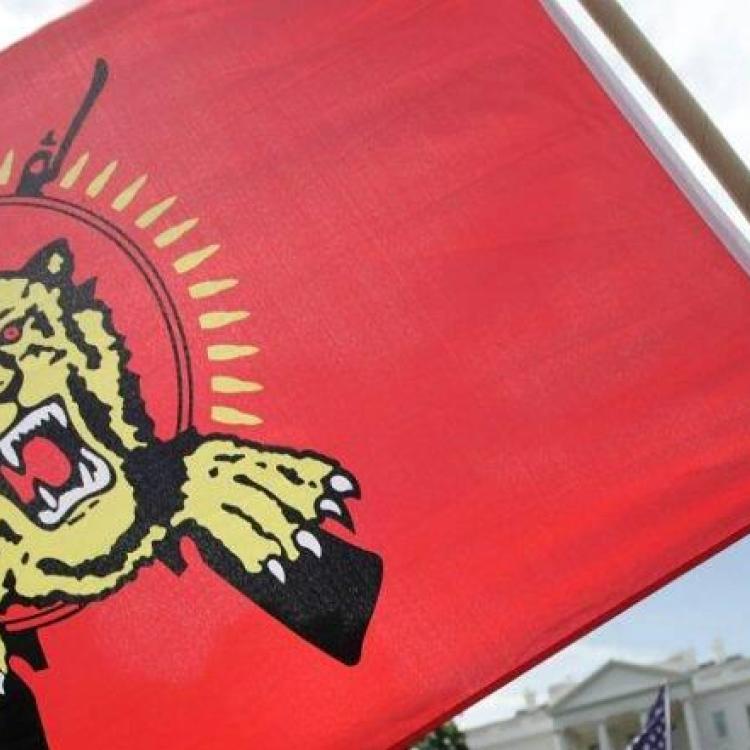
The Sri Lankan government has issued an extraordinary gazette continuing the ban on several Tamil diaspora groups, claiming they are supporting “terrorism-related activities,” extending a ban that was first introduced more than a decade ago.
The gazette, signed by Defence Secretary Sampath Thuyyakontha, claims that these organisations have "repeatedly provided financial support for terrorism." As a result, their financial and economic assets remain frozen, and Sri Lankans are prohibited from having any contact with them. Those that do risk being arrested.
The list also reaffirms the ban on 222 individuals allegedly linked to terrorism.
The organisations blacklisted by the Sri Lankan government include:
• Liberation Tigers of Tamil Eelam (LTTE)
• Tamil Rehabilitation Organisation (TRO)
• Tamil Coordinating Committee (TCC)
• World Tamil Movement (WTM)
• Transnational Government of Tamil Eelam (TGTE)
• World Tamil Relief Fund (WTRF)
• National Council of Canadian Tamils (NCCT)
• Tamil Youth Organisation (TYO)
Other organisations listed include several linked to Islamic groups, such as the National Thowheed Jama’ath (NTJ) and the Sri Lanka Islamic Student Movement (SLISM).
Despite a change in government following the election of Anura Kumara Dissanayake, Sri Lanka has maintained the same policies of criminalising Tamil political activism that were in place under the Rajapaksa regime.
Successive Sri Lankan governments have used terrorism laws to ban Tamil organisations that continue to function openly and legally in the United States, United Kingdom, Canada, and throughout Europe. This ban, however, stifles links between these diaspora organisations and Tamils on the island, making it a criminal offence for Sri Lankan citizens to maintain contact with them.
The reimposition of the ban follows a pattern seen in previous years. In 2024, Sri Lanka renewed its prohibition of Tamil diaspora organisations, days after India extended its own ban on the LTTE. The move was widely condemned as politically motivated and an attempt to justify Sri Lanka’s military presence in the Tamil homeland.
The continuation of the ban comes at a time when Tamil political advocacy has gained momentum globally. Last year, several US Congress members introduced a resolution calling for self-determination for Eelam Tamils and an independence referendum. Sri Lankan officials responded by accusing Tamil activists of "buying over" US lawmakers with money, echoing past rhetoric used to discredit Tamil political mobilisation.
In previous years, Sri Lankan leaders have used de-proscription as a political tool to present themselves as "reformists" while maintaining repressive laws against Tamils. In 2022, the government removed a handful of Tamil organisations from its banned list, such as the Global Tamil Forum (GTF) and the British Tamils Forum (BTF), but kept other major political organisations like the TGTE and TYO on the list.
Despite hopes that Dissanayake’s government would take a different approach, this latest move demonstrates how Sri Lanka’s crackdown on Tamil organisations remains unchanged. Many of these organisations have been leading calls for truth, accountability, and self-determination.


